Is “Operation Indian Ocean” a waste of time?
International and regional political analysts believe the current Somali government’s fate depends how it tackles the ongoing combat against Al-shabab insurgents, which they assume as the only epidemic problem remaining in the country following decades of lawlessness and civil war amid grinding poverty have long made Somalia a target for extremist groups.
Somali government forces backed by AMISOM troops had recently been launching military offensives against the militants in a bid to eradicate the lefts overs of Al-shabaab elements as they seized new towns from the group following direct gunfire confrontations that triggered a number of casualties in the warning sides.
Indian Ocean operation is the first call mission that the federal government spearheads since AMIOSM operation in the south started and is intended to re-capture main strongholds from Alshabaab. Wonderful! The Islamists give a deaf ear to a golden offer from the government, which appealing for amnesty particularly misled youths within the militants as the Somali government cabinet indicate.
What prompted these sweep operations against the terrorist group is international and regional pressure to eliminate terrorism, neighboring countries cannot stay alive or survive if Somalia is burning, accepts neighbors today, while extremists are stretching their radical missions out of Mogadishu. Indian Ocean can be taken as an important step forward in the right path, if the government comes up with a clear strategy afterward the mission.
Hit and run grenade string of attacks in the capital, premeditated assassinations on lawmakers and the Al-shabaab’s blockade in the southern districts fuels this massive onslaught on the militants, which made Indian Ocean optional one and allied forces are approaching the port city of Barawe, the biggest stronghold of Al-shabaab, where their leaders and Al-qaida personnel are believed to make a hide-out.
When the civil war broke out in 1991 there was clan affiliated rebels that seized key regions in the country amid people have fled from the capital to the regions thought to be relatively calm. If the rebel leaders were having one mission towards nation’s destiny there may be no civil war that claims today’s vast challenges in the country.
Unfortunately, the current government seems to have no clear strategy for the liberated areas in the south and central regions as it was several times reported government forces capturing districts and leaving it after few days allowing al-shabaab to come back where the government forces left without any resistance.
United Nations several times warned acute humanitarian crisis for over 2 million lives mostly children and vulnerable people in the south following tough drought that hit the regions including the recently seized towns by the Somali government forces and AMISOM.
Bulo-barte, the victim of Al-shabab’s blockade is on the brink of another acute famine in a subsequent to water and food shortages, there are questions to be answered on how the government is committed to respond to this internal crisis. I think no! The government must come up with clear roadmap towards a people who lost everything they had like shelter, Schools and the health centers at the expense of the quarter century of clashes translating from conflicting interests of many sides.
By Faysal Mohamed Hassan
Faysal is Somali freelancer Journalist. He can be reached at [email protected]


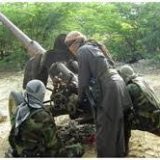

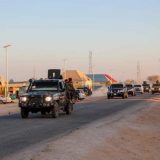



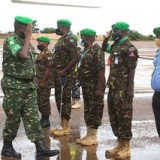



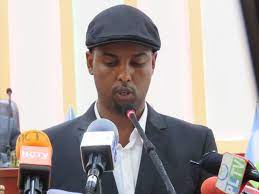

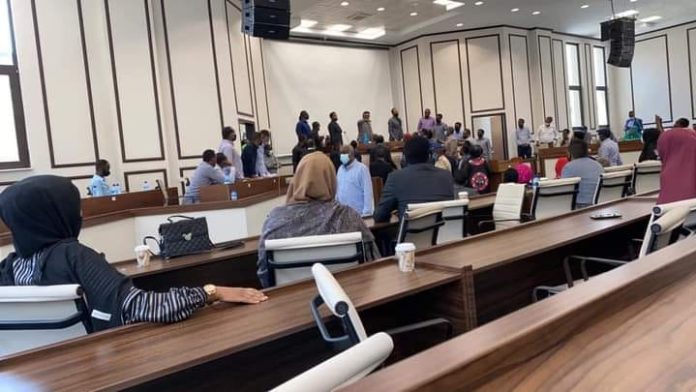

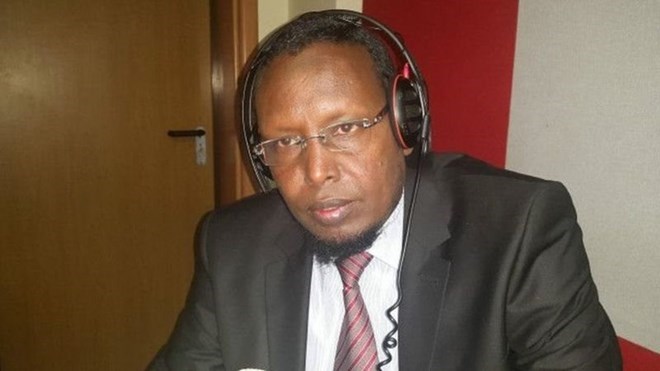

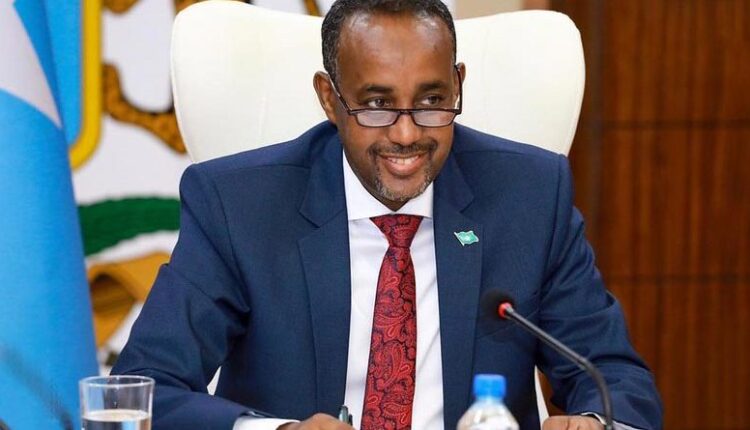
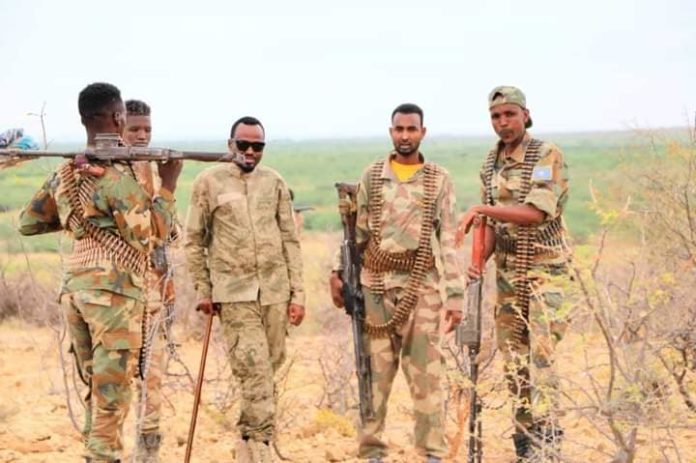
Good job